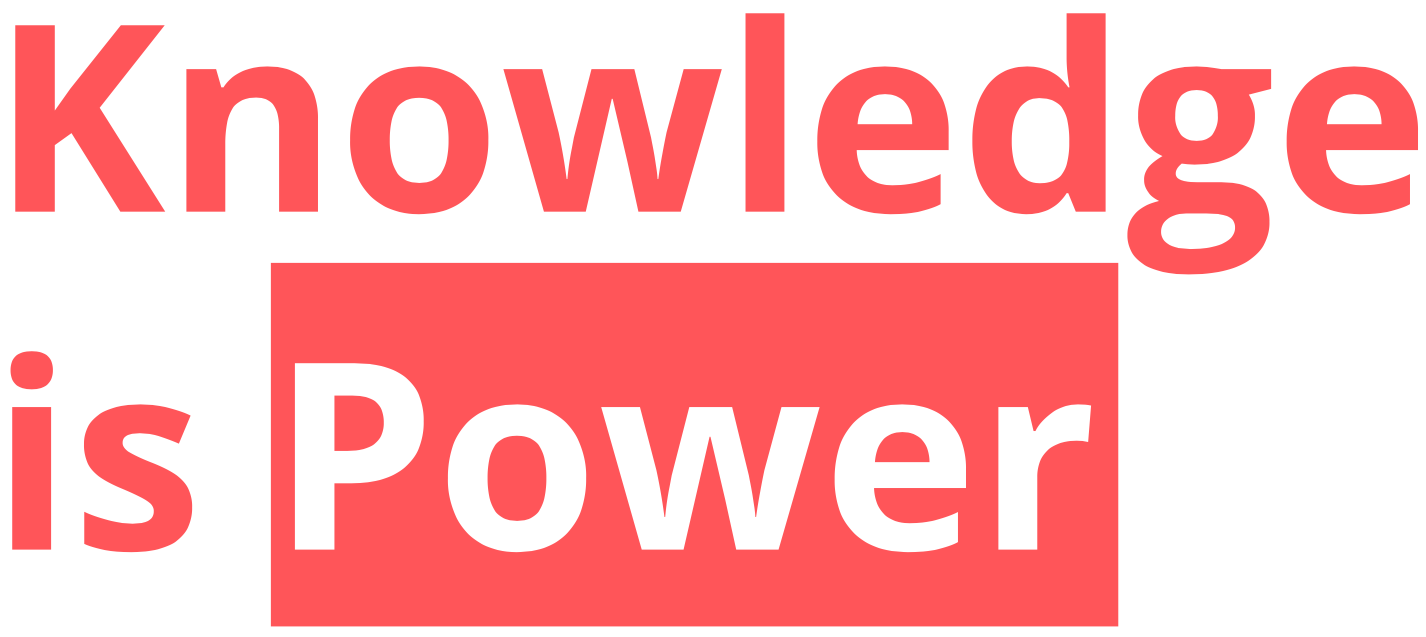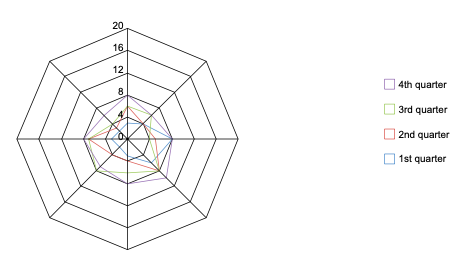Evaluating Research
Introduction
We’ve all been there. We know evaluating your project is important and that you should be doing it, but sometimes it’s tempting to leave it as an afterthought.
If, on the other hand we get some of the simple stuff right at the start of our project, it will make things a whole lot easier.
This short guide introduces what evaluation means and helps you to begin thinking about how you will evaluate your community-led action research.
What is evaluation?
When you evaluate something, you are measuring how much something has worked. This will help you to show others what is good about it, and also to learn how to do it better next time. You can even start to think about evaluation as part of an action research cycle, as you can see below (click on the image to enlarge).
The “reflecting/evaluating” stage of the cycle is when you measure what you have done and you can then move on to thinking about conducting more research.
In reality, things are a bit more complex and it’s good to think of this cycle as an ongoing process. It’s also good to think about your evaluation right from the start, when you plan what you’re going to do.
Why evaluate community-led action research?
Community-led action research is no different to other projects your group carries out, in that it is important to be able to show your success and learn what works and what doesn’t. For instance, if you were trying out a research method you haven’t used before, such as video diaries, it will be useful to know how community researchers found this. Do they think it made doing the research more fun and engaging? Did it lead to useful findings that helped change something for the community?
How to evaluate community-led action research
You can evaluate your research in a number of ways, including using more fun and engaging methods such as research diaries.
But one of the most straightforward ways is to use a participant questionnaire. This will involve your group in scoring against a set of questions. The questions can be whatever you want but should be things that relate to your research plan (see our guide to planning your research). They should also be things you can realistically achieve.
Example
The Knowledge is Power evaluation exercise is an example of a simple monitoring questionnaire. You can either answer the questions as a group or as individuals. If you answer it as individuals, you could then work out the average scores to get your group response.
If you answer the questions at the start, middle and end of your research project you will be able to see progress over time.
Your progress can then be illustrated by using your results to complete the Knowledge is Power radar chart generator, which is really just a basic Excel spreadsheet. This will automatically create a chart like the one below.
This ‘radar chart’ shows change over time for each statement, and also gives an overall indication of progress.
Find out more
Hopefully, this has given you a helpful introduction to evaluation, as well as some practical tips to doing it. Here are some links to further information, including other ways of doing evaluation.
Our Knowledge is Power evaluation instructions give more detail on the above example.
The Knowledge is Power guide to planning your research (You’ll need to plan your research so you know what it is you want to evaluate!)
Evaluation Support Scotland’s website is the best place to learn all about evaluation. They have handy and accessible guides, videos and blogs to all aspects of evaluation, and it’s worth keeping an eye out for workshops they are running as well.


